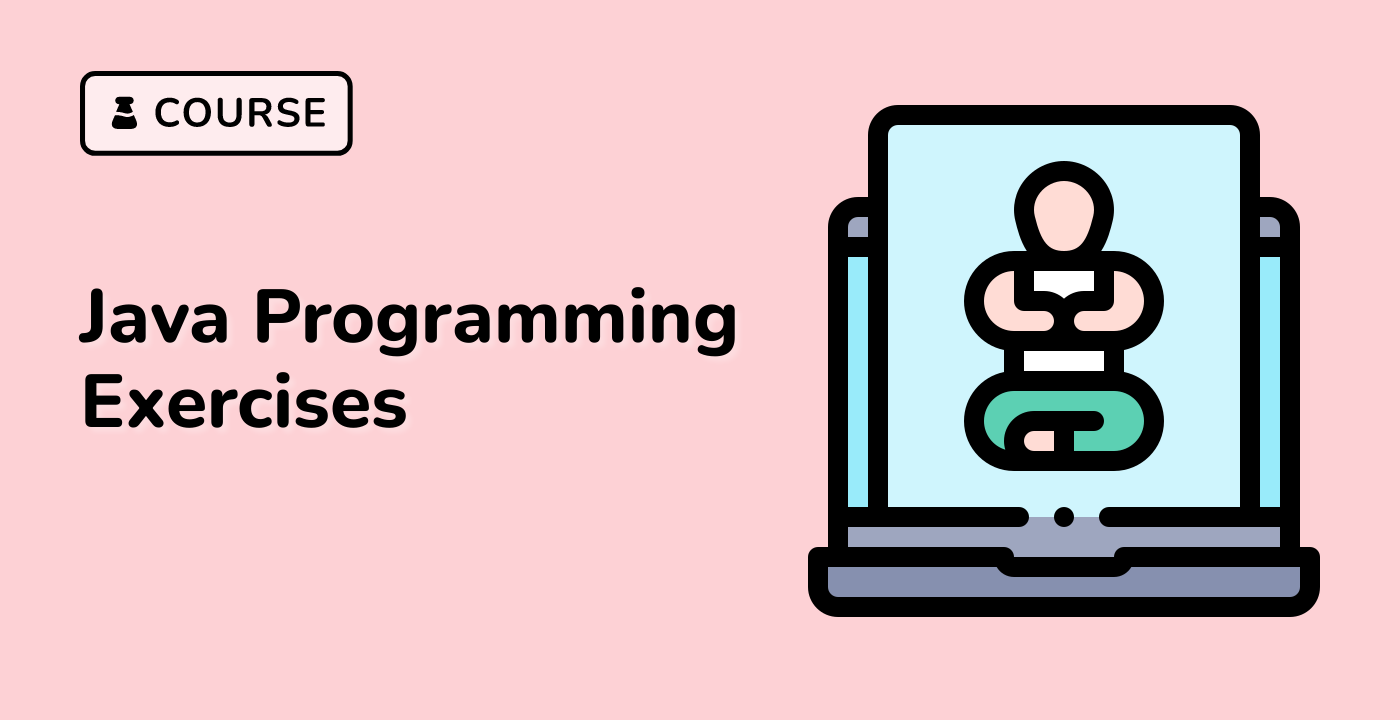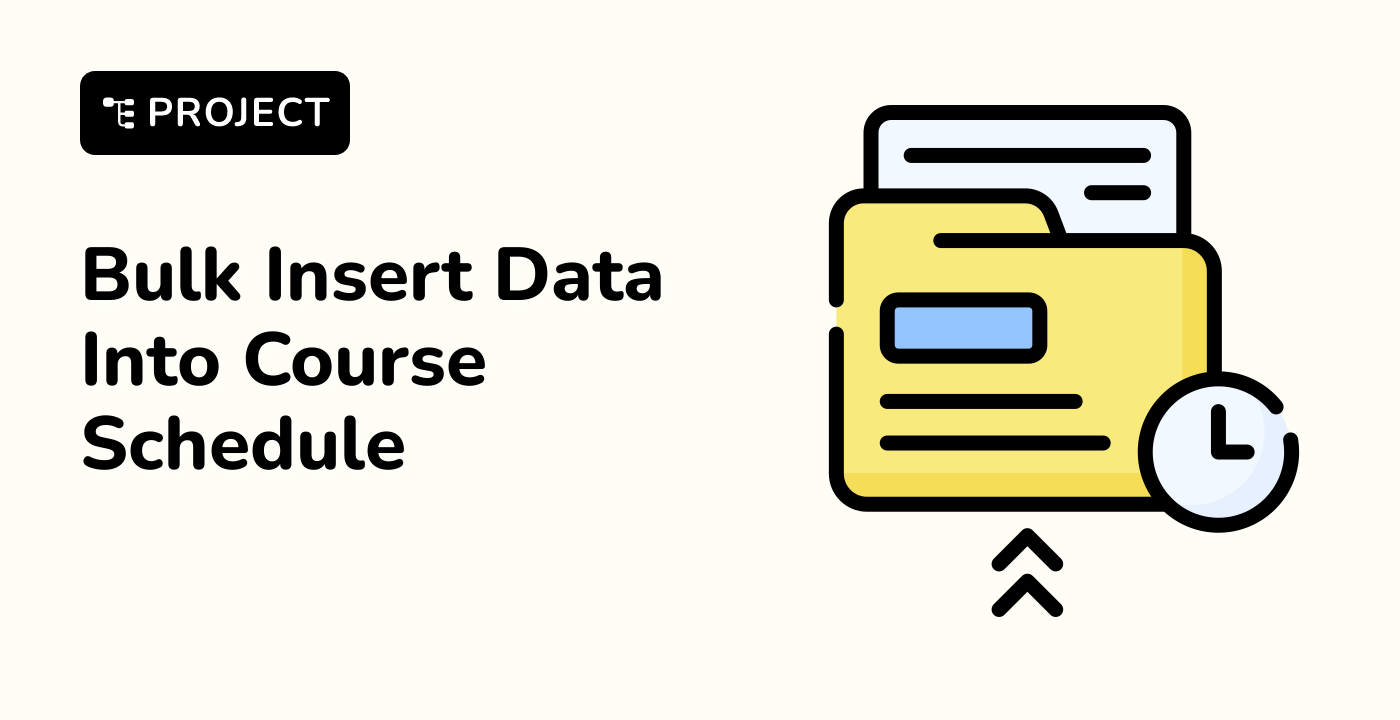Practical Scenarios
Real-World Applications of Logical Conditions
Logical conditions are crucial in solving complex programming challenges and implementing business logic.
Scenario 1: User Authentication
public class AuthenticationSystem {
public boolean validateUser(String username, String password) {
return (username != null && !username.isEmpty()) &&
(password != null && password.length() >= 8);
}
}
Scenario 2: Discount Calculation
public class PurchaseCalculator {
public double calculateDiscount(double totalPurchase, boolean isVIPCustomer) {
return (totalPurchase > 100 && isVIPCustomer) ?
totalPurchase * 0.2 : // 20% discount
(totalPurchase > 50) ?
totalPurchase * 0.1 : // 10% discount
0; // No discount
}
}
Decision Flowchart for Discount Calculation
graph TD
A[Total Purchase] --> B{Over $100?}
B -->|Yes| C{VIP Customer?}
B -->|No| D{Over $50?}
C -->|Yes| E[20% Discount]
C -->|No| D
D -->|Yes| F[10% Discount]
D -->|No| G[No Discount]
Scenario 3: Grade Classification
public class StudentGradeSystem {
public String classifyGrade(int score) {
return (score >= 90) ? "A" :
(score >= 80) ? "B" :
(score >= 70) ? "C" :
(score >= 60) ? "D" : "F";
}
}
Practical Condition Evaluation Table
| Scenario |
Condition |
Result |
| User Valid |
Username & Password |
Allow/Deny Access |
| Discount |
Purchase Amount & Customer Type |
Discount Percentage |
| Grade |
Numerical Score |
Letter Grade |
Advanced Logical Condition Patterns
Null Safety Checks
public class SafetyChecker {
public boolean processData(String data) {
return (data != null && !data.trim().isEmpty() && data.length() > 5);
}
}
Best Practices
- Use logical conditions for clear, concise decision-making
- Implement multiple condition layers when necessary
- Prioritize code readability
- Minimize complex nested conditions
- Use short-circuit evaluation
- Consider performance impact of multiple checks
LabEx recommends practicing these scenarios to master logical condition implementation in real-world applications.




